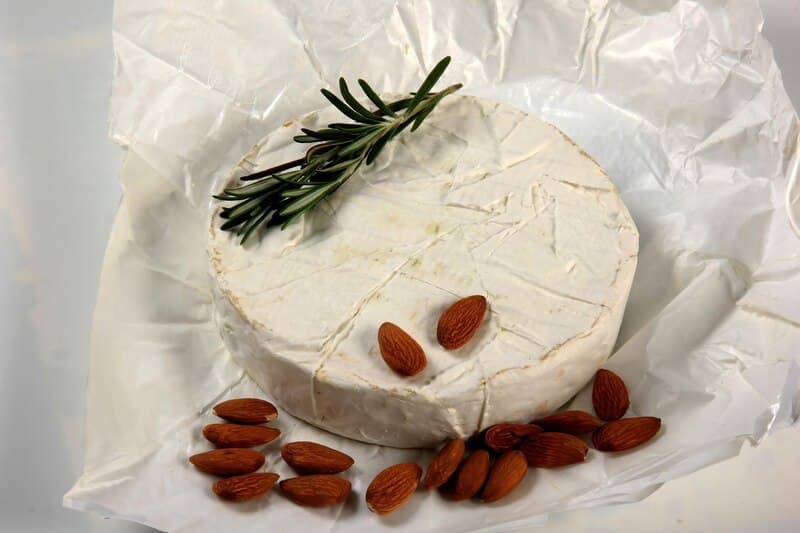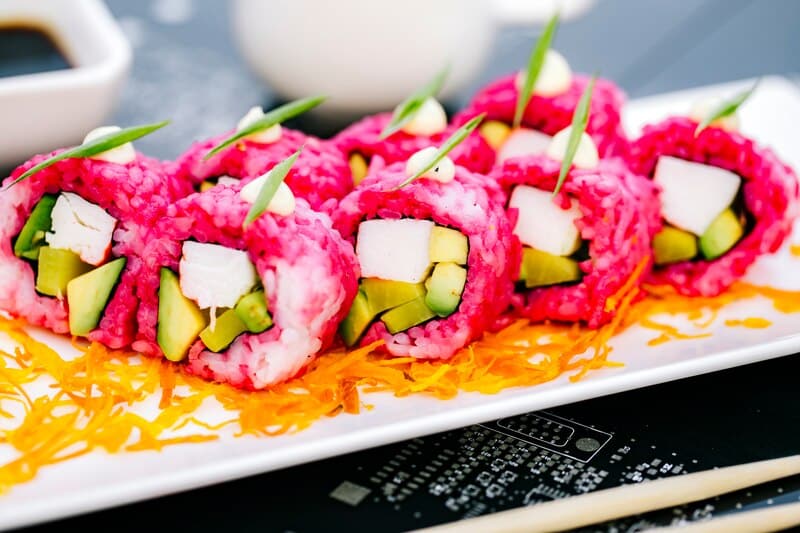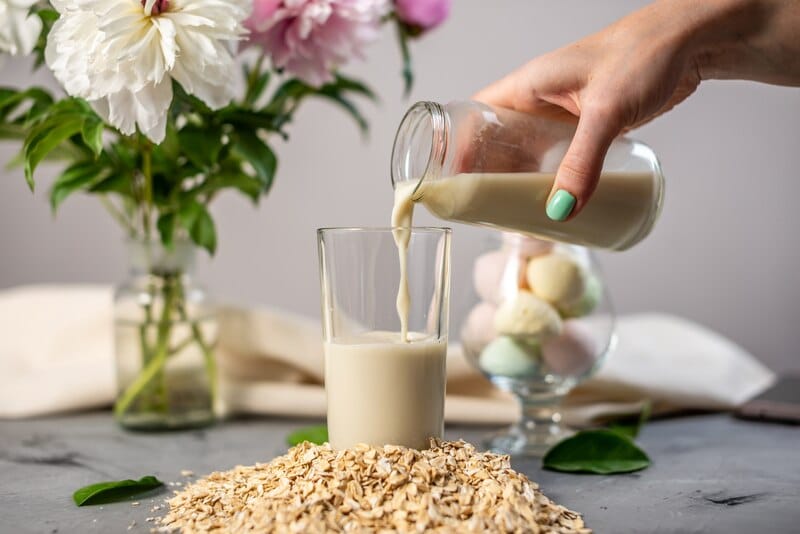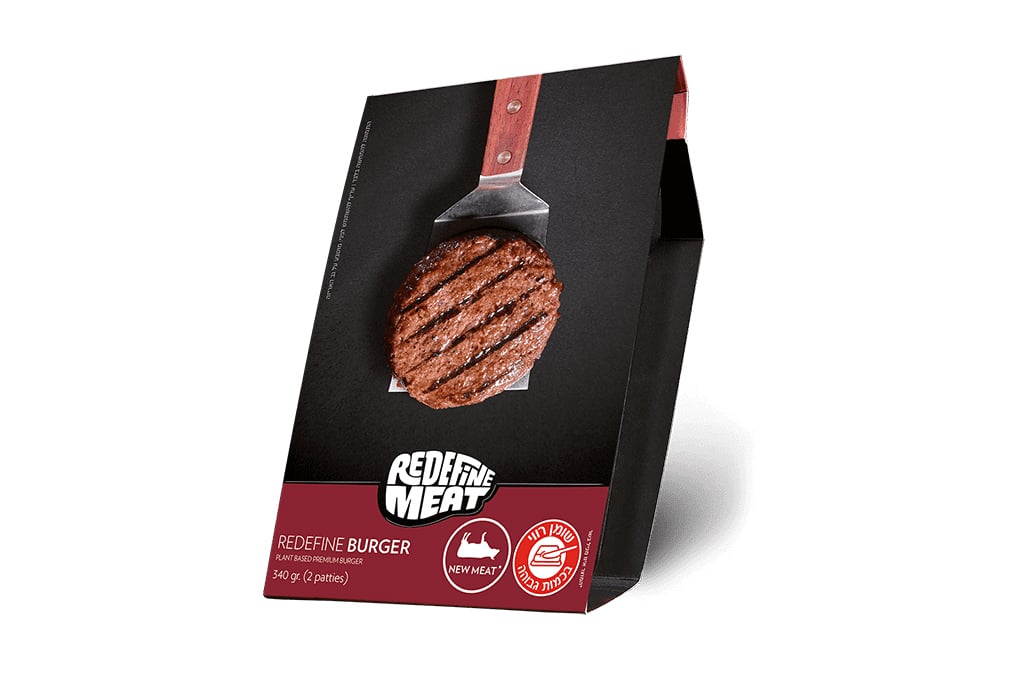Casein, a milk protein, is used to make conventional cheese. It is sourced from the milk of mammals such as cows, goats, buffalo, and sheep. There are many alternatives to casein that can be used in place of it when making vegan cheese. Soy protein solidified vegetable oil (like coconut, palm, or safflower), nutritional yeast, agar flakes, nuts (including cashews, macadamias, and almonds), tapioca flour, natural enzymes, vegetable glycerin, assorted bacterial cultures, arrowroot, and even pea protein can all be used to create vegan cheese. The end result is flavors that are more nuanced and satisfying.
Some of the finest cheeses in the world come from France. With the help of microbial fermentation, these two Parisian entrepreneurs have just raised a total of $14 million to make them even better and cruelty-free.
French cheese is some of the greatest in the world, but may bacteria usher France into a future when it is possible to make cheese without using cows? Two French startups have just raised a total of $14 million to demonstrate that all the best parts of cheese can be preserved while eliminating the need for cows in the production cycle.
French people love their cheese; they eat an average of 30 kilograms per year between camembert, goat’s cheese, comté, and Roquefort.
According to research published in the 2020 issue of Le Fromage en France magazine, 90% of French people eat cheese regularly, 40% eat it every day, and 10% cannot envisage a meal without cheese.
Furthermore, we frequently hear the remark “I could never live without cheese” from those who are vegan or lactose intolerant while talking to other consumers. But no one ever said it was impossible to survive without the cheese.
Standing Ovation, a Paris-based firm, just raised $12 million in Series A funding, which was oversubscribed. The money will be used to expand the company’s groundbreaking technology. The company, which will celebrate its 10th anniversary in 2020, employs microbial fermentation to make casein proteins that may be combined with bases of vegetable or mineral origin to produce authentic facsimiles of French cheeses.
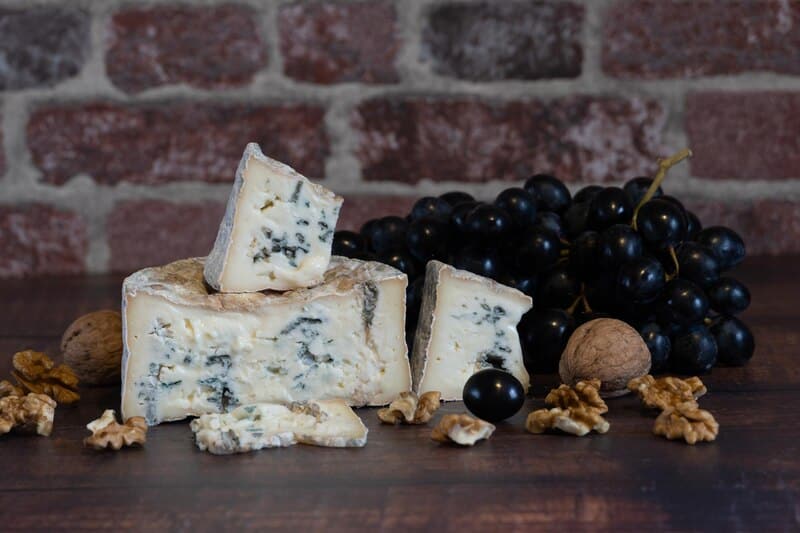
Standing Ovation plans to use the newly acquired capital to increase the production of its fresh and soft French cheeses, continue its research and development efforts toward new products, and begin the regulatory approval procedure for such goods.
“In barely two years, we have developed a unique and highly sophisticated technique,” stated Standing Ovation’s Scientific Director, Romain Chayot. We are now in a good position to capitalize on this momentum and go on to more complex stages, such as scaling up, which require more extensive logistical support.
A vegan version of French cheese
Eighty percent of the protein in milk is casein, a functional protein that is essential for causing milk to curdle and providing cheese its most distinctive characteristics, including melting and stretching. However, dairy production is a process that uses resources inefficiently and produces greenhouse gases by exploiting the reproductive systems of cows. Some people who are lactose intolerant also have an allergic reaction to dairy milk because of its high cholesterol content.
This functional protein and the consequent French cheeses can be made more efficiently, as demonstrated by Standing Ovation.
VegNews.VeganCheese.NutropyNutropy
Standing Ovation is not alone. The Parisian business Nutropy has recently raised $2 million in a pre-seed round to develop a method of creating cheese without the use of cows.
The firm has also created a vegan alternative to casein for use in dairy products. The company is currently attempting to optimize its “cheesable milk solution,” which can be processed into high-end French cheeses just like its traditional counterpart but without the use of cows. With the additional cash, Nutropy plans to market its vegan versions of French cheeses within the next two years.
Big Idea Ventures, who also invested in Standing Ovation’s Series A round, led the company’s pre-seed round of fundraising. VegCapital, FoodHack, Techmind, and the French government were among the participants in this round.
Using microorganisms to improve dairy products
Companies all throughout the world are rethinking cheese by employing microbial fermentation, not just in France. In the United States, California-based New Culture is aiming to provide its animal-free cheese to pizzerias in the coming year, and it is starting with mozzarella, the most eaten cheese in the country. And there are a lot of people rooting for it to succeed.
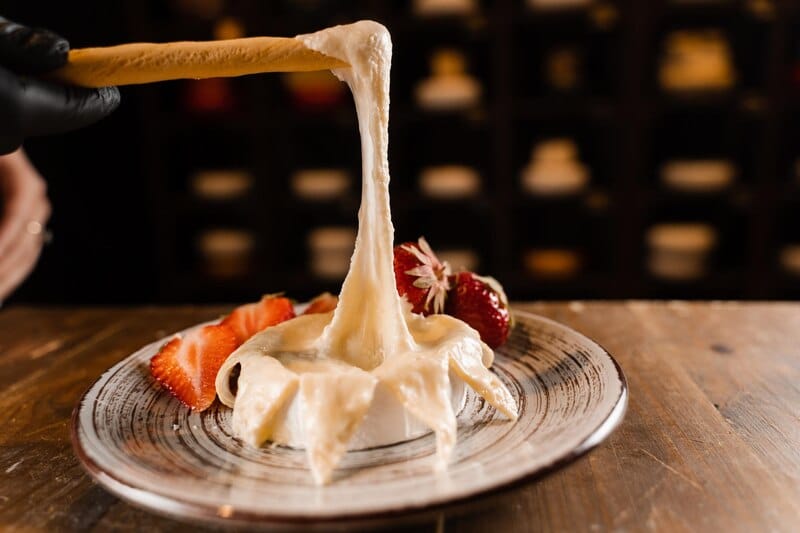
New Culture’s Series A funding round raised $25 million last year, giving the company a significant head start on its commercialization. New Culture and the agricultural business behemoth Archer Daniels Midland (ADM) announced their alliance in the summer, speeding up the company’s expansion plans. Future cheeses from New Culture will benefit from ADM’s knowledge of the agro-industry, which will be used to enhance the consumer experience.
Despite New Culture’s ability to produce any type of cheese, including traditional French cheeses like brie and camembert, the company has decided to focus on mozzarella for the time being to maximize its impact.
From a financial perspective, shifting the mozzarella market’s consumers to animal-free dairy mozzarella will be a huge win. They are heavy cheese consumers and purchasers. New Culture co-founder and native Kiwi Matt Gibson shared his thoughts on the vegan movement. It’s no secret that pizza is a popular dish in the United States.
Does anyone know if there’s any truth to the claim that vegan cheese is healthy? There is too much grey area to provide a clear response. It’s important to know that some vegan cheeses are highly processed and don’t provide many health benefits. While others provide a wealth of beneficial nutrients in a more streamlined and easily recognizable package, others still use a long list of obscure components. Every situation is unique, so decisions must be made individually.
Overall, vegan cheese is not something you should eat if you’re concerned about your health. Is it possible to incorporate it into a balanced diet in place of dairy cheese? Absolutely. However, much like dairy cheese, vegan cheese may be quite high in calories, therefore moderation is advised. The finest vegan cheeses to look for are those that have a short, simple ingredient list and good nutritional information overall. Not only is the cheese itself crucial, but so too is the type of food you choose to put it on.

